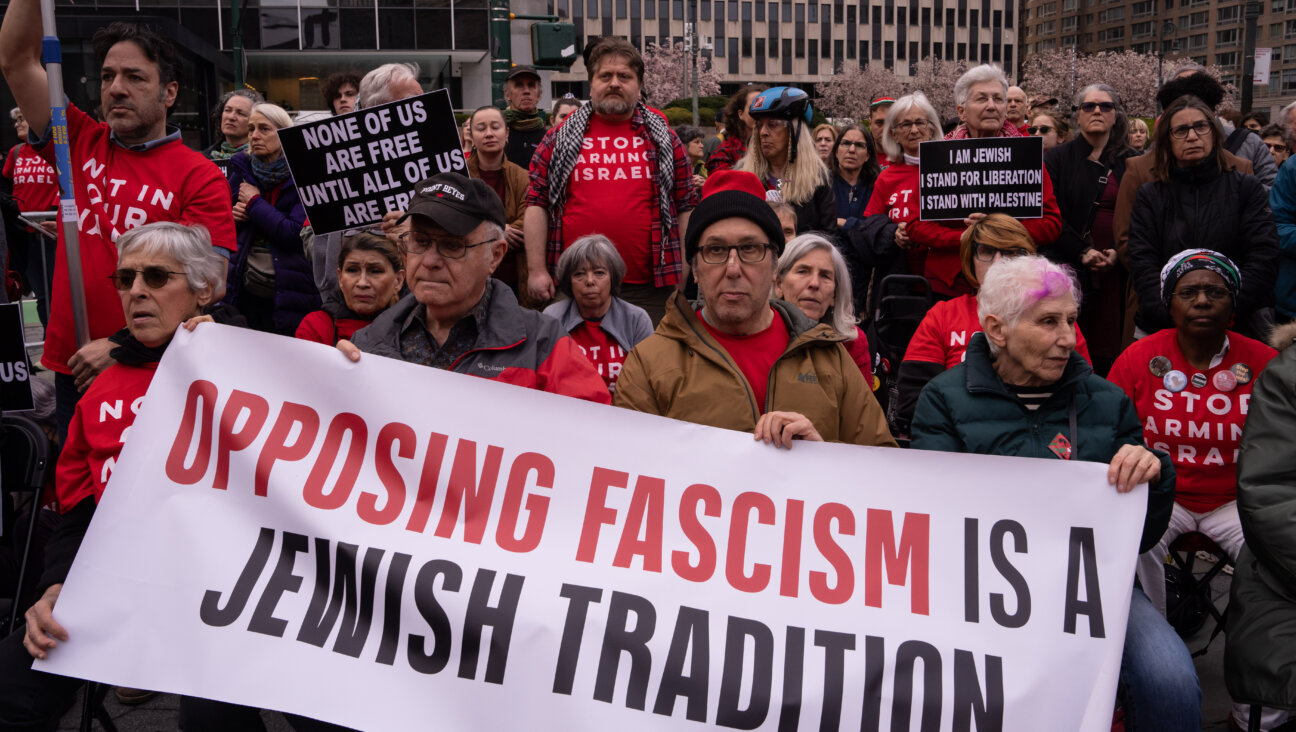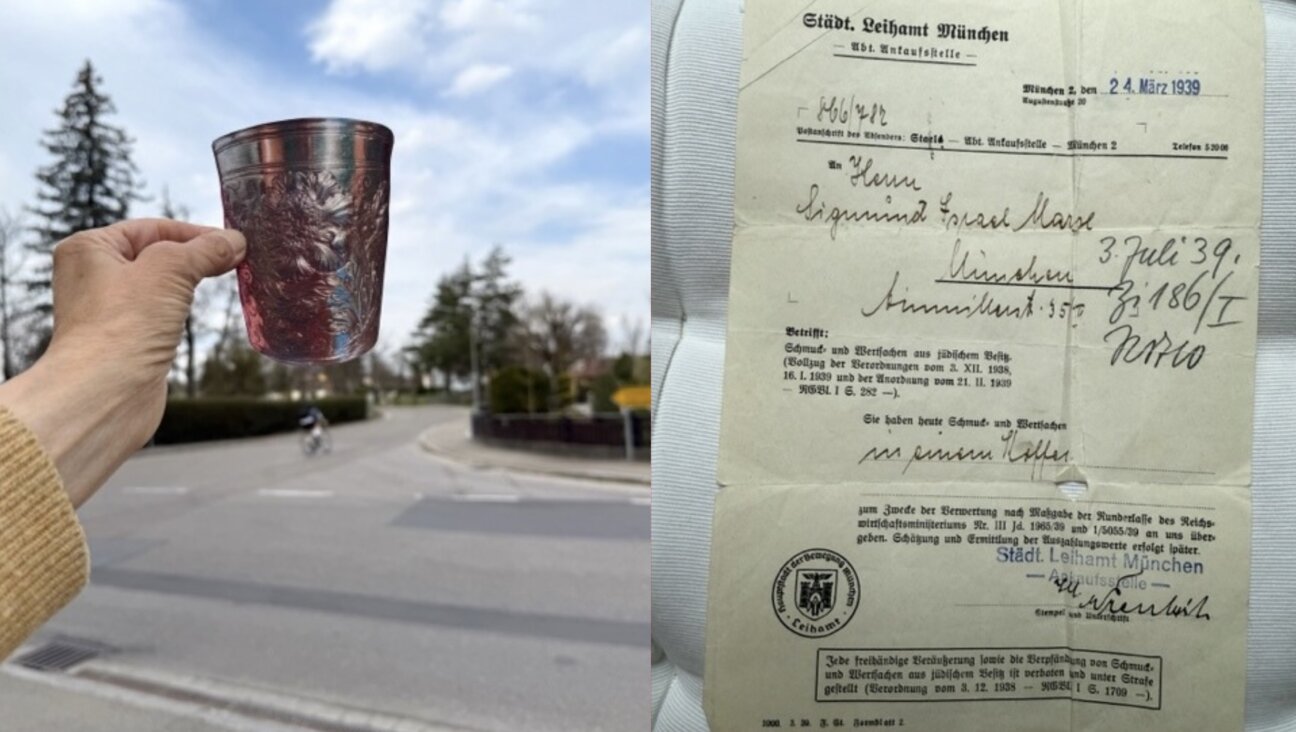Whither Macedonia?
I don’t know how many of you have been following the dispute between Greece and the Republic of Macedonia — or, as it is still officially known by the United Nations, the Former Yugoslav Republic of Macedonia (FYROM) — over the name “Macedonia.” The latest installment is the Greek government’s threat to veto FYROM’s acceptance as a new member of NATO if the former Yugoslav republic (which recently angered the Greeks even more by renaming the international airport in its capital city of Skopje for the Macedonian-born Alexander the Great) doesn’t agree to change its name.
On the face of it, the Greek protests seem pretty silly. It is true that in ancient times, Macedonia was part of the Greek-speaking world, the northernmost cultural and linguistic outpost of peninsular Greece; true, too, that Alexander (356-323 BCE) and his father, Phillip, who unified ancient Greece by military conquest, were every bit as Greek as Plato and Aristotle (who tutored Alexander when the latter was a boy); true as well that the Greeks call the northern region of Greece “Macedonia” to this day; true, too, that this region is where Phillip and Alexander hailed from. But Slavic tribes overran part of historical Macedonia as long ago as the early Middle Ages, and after World War II, communist Yugoslavia named its southernmost province The People’s Republic of Macedonia. Why, then, after the breakup of Yugoslavia into separate independent states, should not the Bulgarian-speaking population of this ex-“people’s republic” have the right to go on calling its new country by the same name? Why should Greek national feelings, or Greek national pride, get in the ways of this?
And yet it’s not quite so simple, as Jews are in a good position to realize. Just a few days ago, for example, I came across (and not for the first time) a reference to the great “Czech writer” Franz Kafka. Now, Kafka was in fact born, and lived nearly all his life, in Prague, but the language he wrote in was German and he was no more a Czech writer than Alexander the Great was a Slavic warrior. Moreover, calling him a German writer, as he is also sometimes labeled, is equally misleading, because he had absolutely no sense of German identity. He came from a German-speaking Prague Jewish family and had an intense (if anguished) sense of Jewishness. One could reasonably, I suppose, call Kafka a “Czech Jewish writer,” and, perhaps most accurately, a “German-language Czech Jewish writer,” but “Czech writer” by itself can strike one only as a purloining of him for Czech national purposes.
Let’s take another, similarly aggravating case: the description one sometimes finds of the great Jewish thinker and legal scholar Moshe ben Maimon (“the Rambam”), or Maimonides, as a “Spanish philosopher.” (One of many places you’ll encounter this in is Webster’s Online Dictionary.) This is even more absurd than calling Kafka a Czech writer, because Maimonides, who was born in Muslim Cordoba in 1135, left Spain with his family when he was a child, wrote his works in Hebrew and in an Arabic spelled with Hebrew characters, and knew no Spanish at all. To claim him for Spanish culture and tradition, as the Spanish government has taken to doing in recent years, can only irritate Jews, even if this claim acknowledges that, as a “Spanish philosopher,” Maimonides devoted himself entirely to Jewish subjects. He may have been a Spanish-born philosopher, as he is more accurately referred to in other places, but he certainly was not a Spanish one.
Is the case of Macedonia really that different? Historically, after all, the name was a Greek one never used by Slavs before modern times. And this would seem even truer of naming the airport of a Slavic country for a Greek national hero, like Alexander the Great. If a Jew can feel annoyed when the Czechs appropriated Kafka, certainly a Greek can feel the same about Alexander.
And yet it is possible to argue the other side of it. There are other places in the world named for Alexander, such as the city of Alexandria in Egypt, and the Greek government hasn’t objected to them; why, then, should it object to an airport in Macedonia? Why not take it as a compliment, as Americans do when Berliners name a public square Kennedyplatz, or as a Frenchman might do to find a Lafayette Square in New York City? Alexander was a world conqueror with a universalist view of humanity. Should not the world, as well as Greece, be allowed to honor him?
To which it can be replied that America and Germany do not have territorial disputes or friction between them, so that there is nothing provocative about naming a location in Berlin after Kennedy; no one would dream that the Germans were suggesting Kennedy was a German. An Alexander the Great airport in Skopje, on the other hand, can justifiably be interpreted as asserting a non-Greek claim to the historical figure of Alexander.
As I said, it’s not so simple. But neither are the Greeks’ feelings so silly. Has anyone thought of “the Republic of North Macedonia”? We have North and South Korea, after all. Why not partition the name Macedonia as well?
Questions for Philologos can be sent to [email protected].
The Forward is free to read, but it isn’t free to produce

I hope you appreciated this article. Before you go, I’d like to ask you to please support the Forward.
Now more than ever, American Jews need independent news they can trust, with reporting driven by truth, not ideology. We serve you, not any ideological agenda.
At a time when other newsrooms are closing or cutting back, the Forward has removed its paywall and invested additional resources to report on the ground from Israel and around the U.S. on the impact of the war, rising antisemitism and polarized discourse.
This is a great time to support independent Jewish journalism you rely on. Make a gift today!
— Rachel Fishman Feddersen, Publisher and CEO
Support our mission to tell the Jewish story fully and fairly.
Most Popular
- 1

Opinion The dangerous Nazi legend behind Trump’s ruthless grab for power
- 2

Culture Trump wants to honor Hannah Arendt in a ‘Garden of American Heroes.’ Is this a joke?
- 3

Opinion A Holocaust perpetrator was just celebrated on US soil. I think I know why no one objected.
- 4

Culture Did this Jewish literary titan have the right idea about Harry Potter and J.K. Rowling after all?
In Case You Missed It
-

Culture I have seen the future of America — in a pastrami sandwich in Queens
-

Culture Trump wants to honor Hannah Arendt in a ‘Garden of American Heroes.’ Is this a joke?
-

Opinion Gaza and Trump have left the Jewish community at war with itself — and me with a bad case of alienation
-

Fast Forward Trump administration restores student visas, but impact on pro-Palestinian protesters is unclear
-
Shop the Forward Store
100% of profits support our journalism
Republish This Story
Please read before republishing
We’re happy to make this story available to republish for free, unless it originated with JTA, Haaretz or another publication (as indicated on the article) and as long as you follow our guidelines.
You must comply with the following:
- Credit the Forward
- Retain our pixel
- Preserve our canonical link in Google search
- Add a noindex tag in Google search
See our full guidelines for more information, and this guide for detail about canonical URLs.
To republish, copy the HTML by clicking on the yellow button to the right; it includes our tracking pixel, all paragraph styles and hyperlinks, the author byline and credit to the Forward. It does not include images; to avoid copyright violations, you must add them manually, following our guidelines. Please email us at [email protected], subject line “republish,” with any questions or to let us know what stories you’re picking up.













